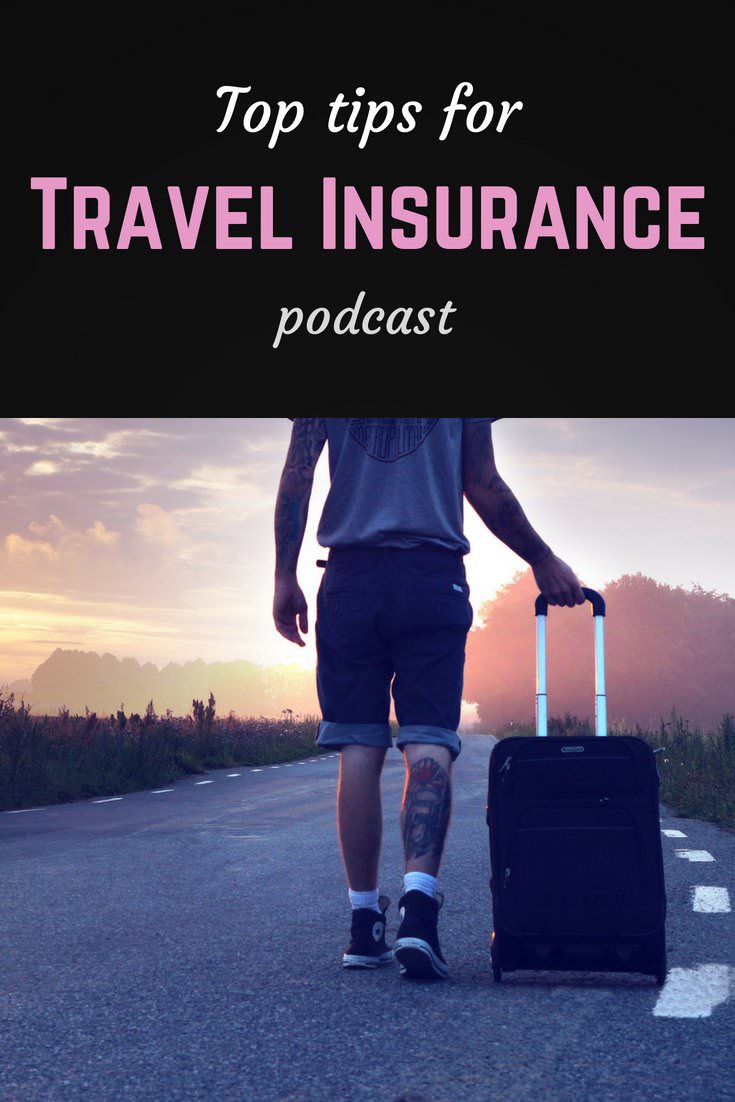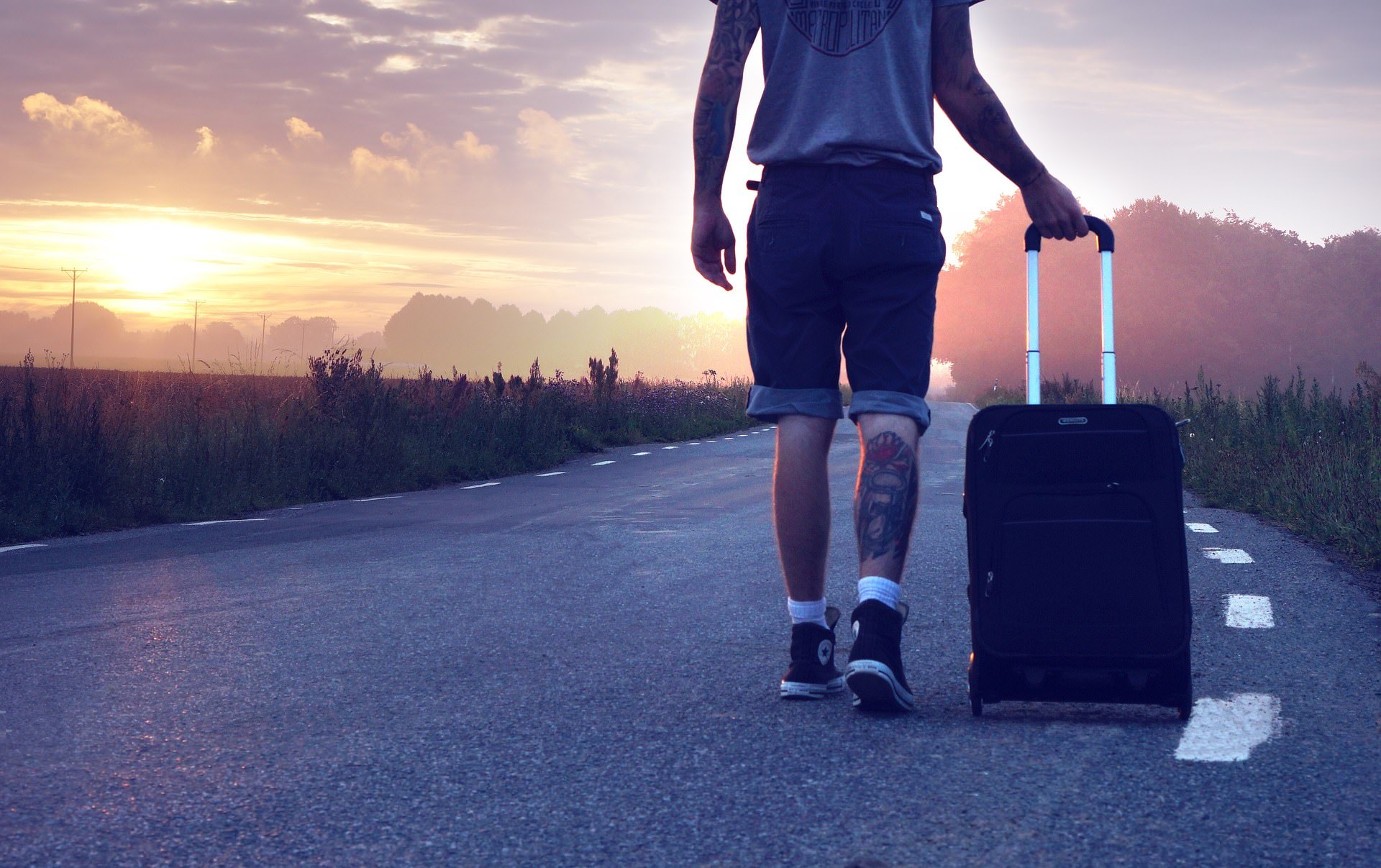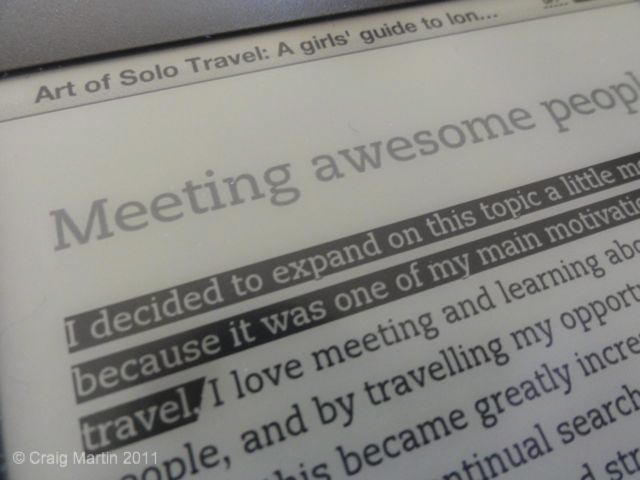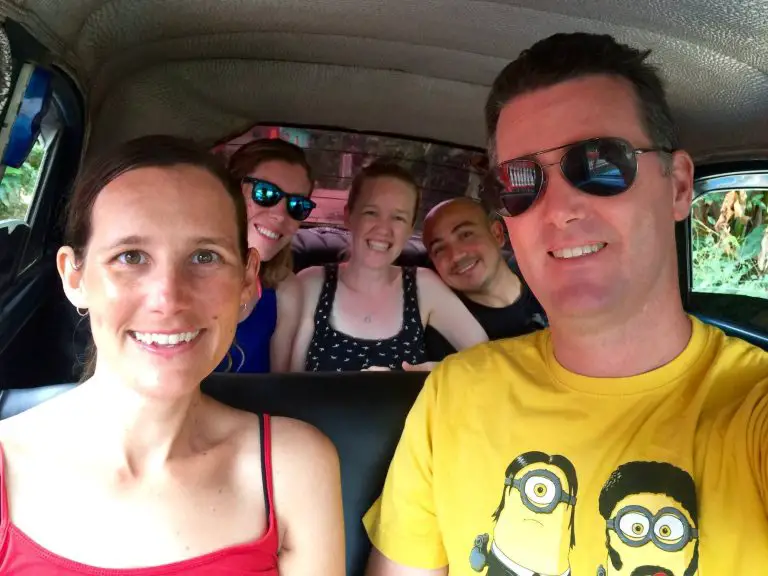Top tips for travel insurance podcast
Travel insurance is an important part of any trip — we often say that if you can’t afford insurance, you can’t afford to travel.
This is because travel insurance is your safety net. Sure, you’re spending more upfront, but if something goes wrong, insurance will save you a lot. And not just a lot of money — you’ll also save a fair amount of stress and (probably) time as well.
That said, you may not need travel insurance at all. If you’re travelling in your home country, for example, your health insurance (state or private) may cover you for medical issues; other insurances may cover loss of possessions.
You may also have insurance that you don’t even know about — some credit cards over policies if you buy your trip using that card. However, it’s important to check that the policy is the right one for your needs.
To listen to our travel insurance podcast with Phil Sylvester, hit play below or find episode 357 in iTunes, Stitcher or Soundcloud:
How do I know which policy is right for me?
To start with, think about the kind of traveller you are. Are you older, or younger? Are you an adventurer, or do you prefer quieter activities? Are you a backpacker, a luxury traveller, somewhere in the middle? Are you travelling alone, with your partner, with your family? Do you have a lot of expensive gear?
All of these questions will help you work out what kind of traveller you are. If you plan have an adventurous trip, you’ll need to find an insurer that covers those particular activities. Many insurers exclude things that seem innocuous, like kayaking, so if you’re planning on going paragliding, they’re unlikely to help you.
Some insurers have good cover for gear, while others limit the amount you can claim on each item in order to keep your initial costs low.
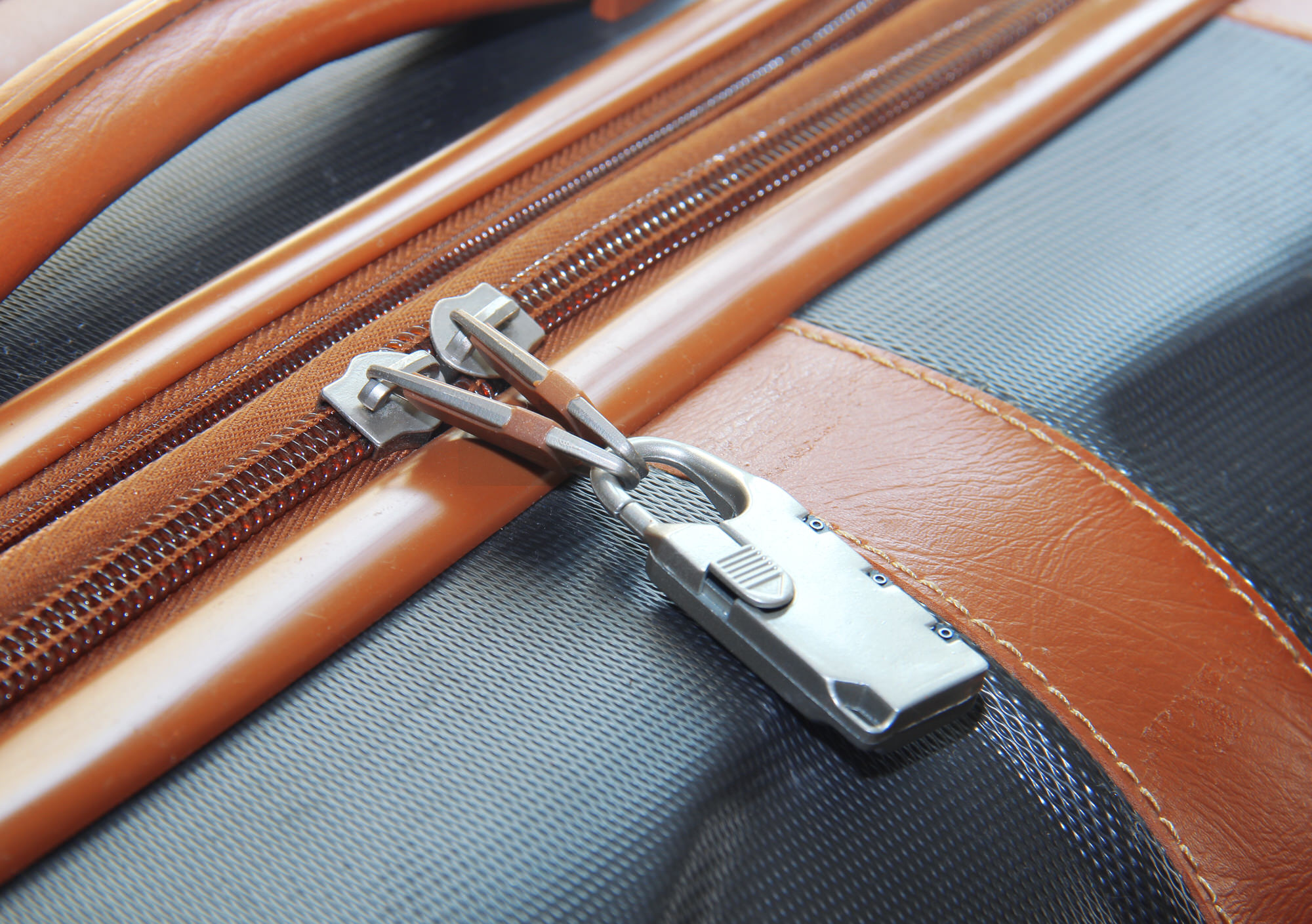
Medical travel insurance
For us, medical cover is key. Some countries charge ridiculous amounts for healthcare (I’m looking at you, USA) and a small issue can turn into a big problem if you’re not insured. Check your policy carefully, and make sure you understand what is and isn’t covered. Particularly, check that the policy includes emergency evacuation back to your home country.
Read and compare travel insurance policies before you buy
We recommend you get quotes from several providers and read each policy in-depth before you buy. Compare key items like evacuation cover, healthcare limits, cover for lost or stolen baggage, and cover for activities you plan to do, and consider which are the most important for you.
Remember, insurance is for the unexpected. What kind of unexpected do you want to be covered for?
One other thing to check is the excess — that’s the amount you pay to the company each time you claim on the policy (or the amount that’s deducted from your claim). A high excess is likely to mean a lower premium, but you’ll get less back each time you claim.

Be honest
When you’re filling in your forms, be honest! If you have a pre-existing condition, it’s better to mention it. This does mean that if you get sick while travelling and the illness is related to that condition, you’re unlikely to be covered (or you may have to buy specialist insurance). But you’ll still be covered for other eventualities.
Double check
Once you’ve gone ahead and purchased a policy, download the wording and keep it somewhere handy. Then, just before you travel, read through the policy again so you know just what you’re covered for.
We strongly recommend you get travel insurance for your next trip — but don’t just buy any old policy, even if we/your best friend/your mum recommends it! Take time to understand your needs and find a policy that works for you.
[box] This episode of the Indie Travel Podcast is sponsored by World Nomads.
World Nomads provides travel insurance you can buy, extend and claim on, even if you’re already travelling, and offers cover for around 200 adventure activities – well suited to the independent traveller.
World Nomads also provides scholarship opportunities for aspiring writers, photographers and filmmakers, free travel safety advice, publishes inspiring travel stories and even has a podcast of their own.
You can also support a Footprints community development project when you purchase online.
World Nomads, helping you to explore your boundaries.[/box]
